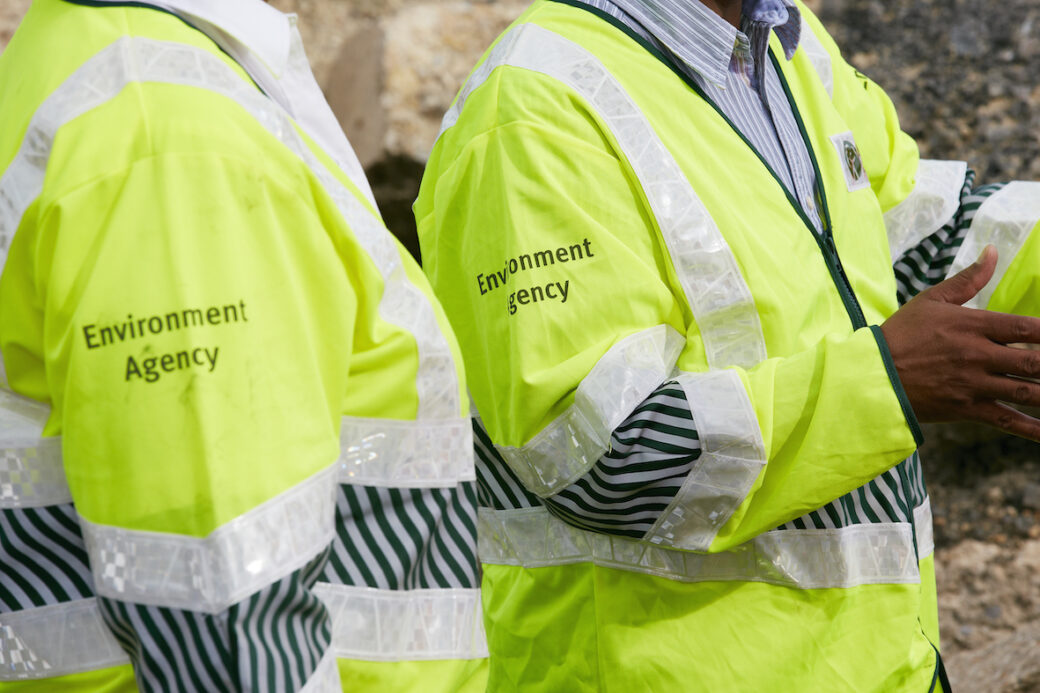Extended Producer Responsibility (EPR) marks a significant shift in how UK businesses must manage packaging waste. Introduced as part of the Government’s commitment to building a circular economy, EPR transfers responsibility for the full cost of dealing with packaging waste to the businesses that place packaging on the market.
This article provides a concise overview of the EPR packaging regulations, including who is affected, what’s changed, and the steps your organisation should take to ensure EPR compliance.




